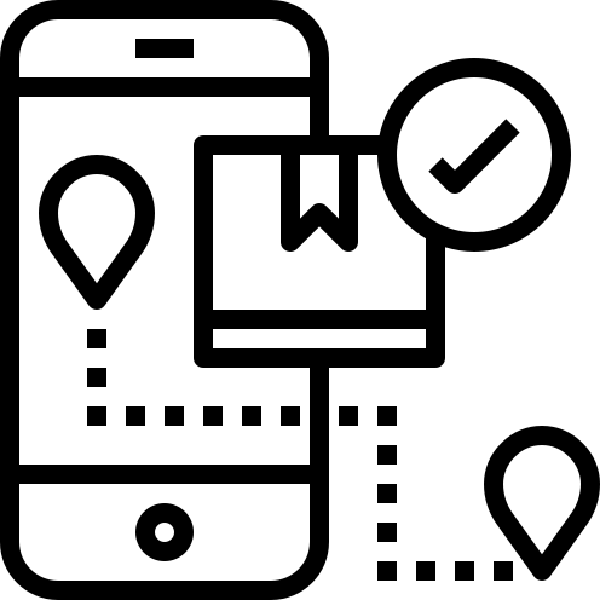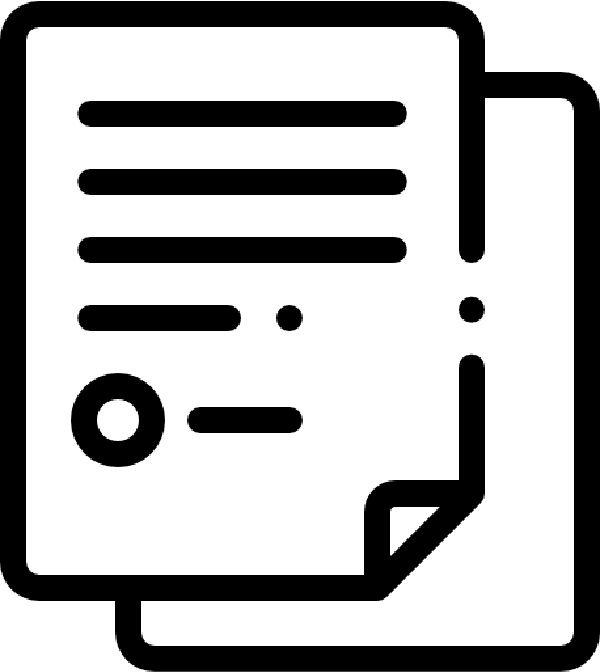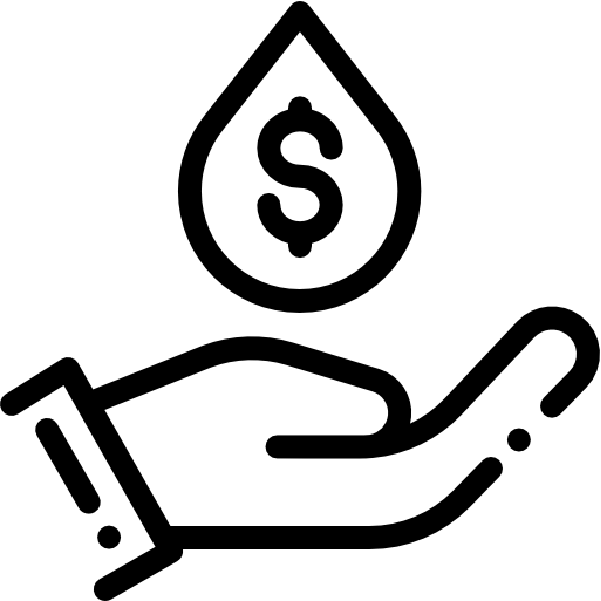Ukraine: Everyone sees everything
The Maidan revolution of 2014 set off a chain reaction in Ukraine that had a profound impact on the country’s public procurement. Civil society, private sector and government reformers revolutionized public procurement after many years of corruption and inefficiency. They enshrined open contracting and the Open Contracting Data Standard into law, increasing competition, reducing the time and money spent on contracting processes, helping buyers make better decisions and making procurement fairer for suppliers.
In the face of Russia’s unprovoked invasion of Ukraine, we stand in solidarity with our Ukrainian team members, their families, and all our amazing partners there across government, business and civil society. They get up every day striving for a better, fairer country. We are working with both civil society and the government to imagine how Ukraine’s wartime reconstruction can be digital, accountable and centered around local communities.
Key open contracting strategies
 |
 |
 |
 |
 |
| Implementation of a digital and transparent e-procurement platform | Multi-stakeholder collaboration with civil society taking an active role in the development | A business development approach to e-procurement system development: pilot, proof, legislate, expand. | Legislation follows praxis supporting reforms | Government benefits from cross-cutting effects from open contracting reforms in state asset sales and at different levels of government |
Summary
Challenge: Public procurement was overly bureaucratic, inefficient, impervious to many potential suppliers, and riddled with corruption and abuse, undermined by oligarchs using government contracts to enrich themselves.
Open contracting approach: After the Maidan revolution, an electric coalition of reformers from civil society, business and government focused on transparency as the solution to pervasive corruption in public procurement. They created a radically transparent, open source e-procurement system called Prozorro, enabling government agencies to conduct procurement deals electronically and fully transparently. Prozorro made the state’s information about public contracts easily accessible online for anyone to see, access, and use. Initially conceived as a tool for fighting corruption, the potential benefits of the system are much broader — increasing competition, reducing the time and money spent on contracting processes, helping buyers make better decisions and making procurement fairer for suppliers. The unique access to all of the country’s procurement data has enabled companies and civil society organizations to build powerful data-driven tools and services leading to innovations such as Prozorro.Sale, the world’s first e-Bay for state assets.
Results: The reforms decreased corruption and increased competition, saving $6 billion. Now thousands of new businesses are competing for contracts, the government gets real-time insights for millions of tenders and contracts, and more than 100,000 citizen monitors make sure projects are delivered. Ukraine’s medical procurement agency, for example, pivoted fast to use procurement data for better planning, supplier engagement, civic monitoring, and strategic communications with medicine prices reducing by up to 40%. One of the tools built helped hospitals predict demand on over 100 critical items during the pandemic.
At a glance

Key stats
| After the reforms | ||
| Savings | As of December 2020, savings amount to over US$6 billion | |
| Anticorruption and red flag monitoring | As of December 2020, Dozorro monitors had uncovered violations in over 33,348 tenders with an estimated value of $4,5 billion. | |
| Value for money | By mid 2020, Dozorro helped to fix violations in 8,646 tenders with an estimated value of $934 million. | |
| Improving public services in health procurement | Ukraine’s medical procurement agency reduced medicine prices by up to 40%. |
Read all stories
Ukraine has been implementing open contracting reforms since 2014. Read all stories.
Key links
DREAM ecosystem
http://www.dream.gov.ua
Procurement portal
http://www.prozorro.gov.ua
Business Intelligence portal
http://bi.prozorro.org
Monitoring portal
http://dozorro.org
Contacts in the country
Transparency International Ukraine
Ministry of Economic Development and Trade
Prozorro won the 2016 World Procurement Award in the Public Sector.